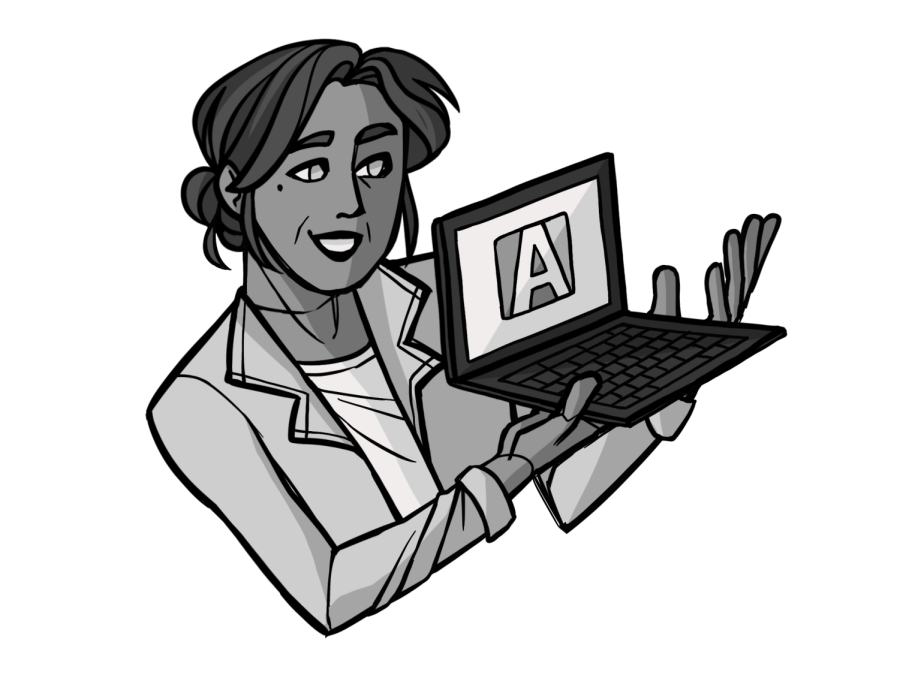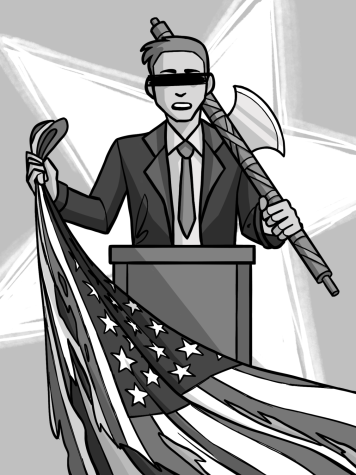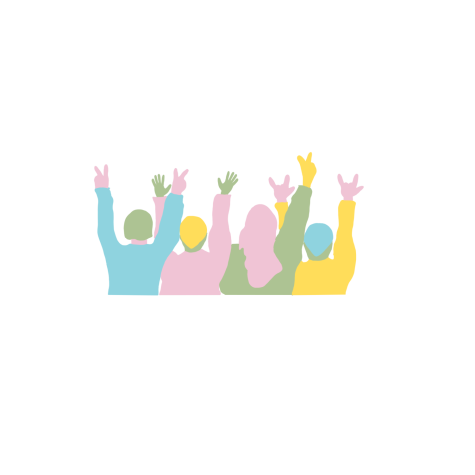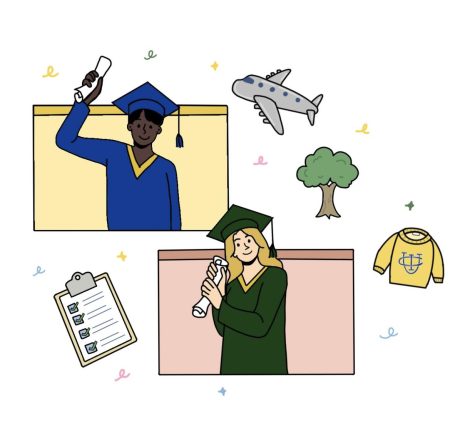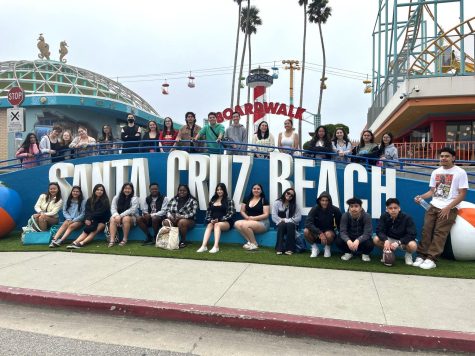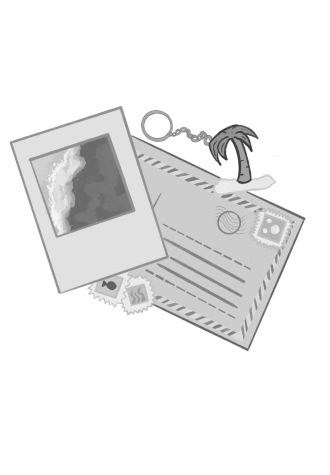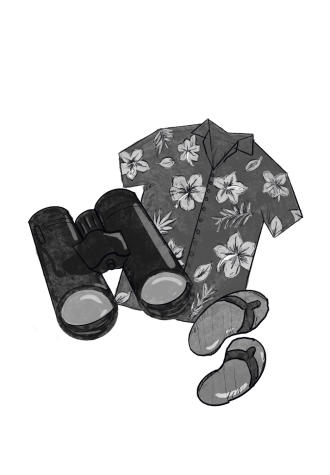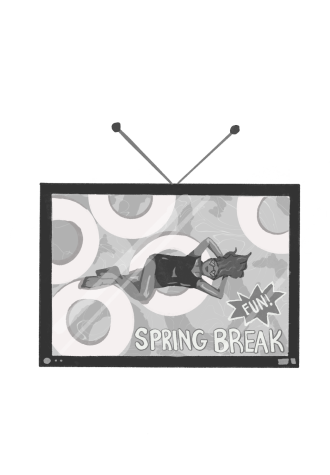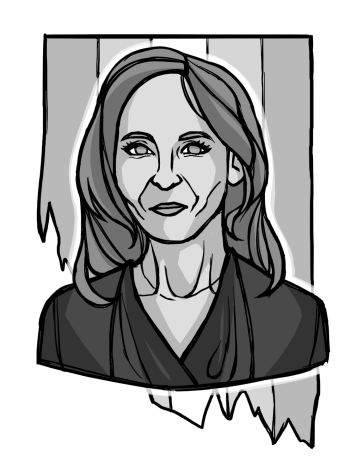CAMPUS: Counselors reflect on their student outreach efforts
Balancing large caseloads of students can be challenging for academic counselors. Some SCHS counselors have suggested ways to improve the connection between students and themselves.
While counselors help students keep up their grades, academics are just the tip of the iceberg. SCHS counselor Cindy Menezes stated counselors also guide students through graduation requirements and choosing colleges.
“Part of our job is making sure students stay on track to graduate, so looking at their credits, their grades, signing them up for summer school, night school if they need to, making upgrades or credits from a class that they maybe failed,” Menezes said.
Along with helping students in school, academic counselor Oscar Martinez endeavors to support students in all aspects by helping with other things that may occur in their personal life. For Martinez, school is not a student’s only priority.
“I just want to make sure that I can support them any way possible when they’re here in schools,” Martinez said.
While the counseling department strives to prioritize supporting students holistically, Menezes recognized that large caseloads of students for each counselor can make that difficult.
“We try to accommodate as many students as we can but, just like myself alone, I think each counselor has about anywhere between 300 – 350 students on our caseload,” Menezes said.
Toward the end of the school year, counselors tend to be busier because they are occupied with planning summer school and helping seniors with college decisions. Nevertheless, they find the time for students who seem to be struggling and need additional help.
“If it’s a student that is maybe struggling in their classes and their grades aren’t doing great, then I’ll try to make it a point to meet with those students a little bit more frequently.” Menezes said. “During college application season, I’m meeting with seniors a lot, so it just kind of depends on the time of year and the student’s needs.”
Many counselors encourage students to schedule and attend meetings during non-class time.
“We try to encourage students to drop in either before school, after school or during lunchtime, so that way, they’re not just dropping in during class time because we want students in class as much as possible,” Menezes said.
Since students get to know their counselor for four years, it is important to them to build comfortable relationships with counselors as well as being able to ask important questions. Junior Karel Brondial expressed that being commutative with her counselor comes naturally because of the relationship they have.
“I feel like I see him enough where if I have questions, I can go up to him because I’m comfortable with him,” Brondial said.
Though counselors have busy schedules, Martinez mentioned there are times when counselors have to prioritize their students by doing things such as coming to a meeting late, or staying to talk to a student over time because they do not want students to feel neglected.
“If I come a few minutes late to a meeting because I was meeting with the student, then I don’t feel bad about coming late because in the end, I want to make sure that the student is receiving support,” Martinez said. “I don’t ever want to be in a position where I’m pushing a student away telling them, ‘Oh, I have to go somewhere. I gotta leave for home, or I have to do this now.’”
Accessibility also plays a role in how frequently a student meets with their counselor. For some students, the office may not be an accessible place to meet counselors quickly or schedule a meeting at the kiosk. Martinez recommended sending an email stating exactly when and where to meet as it tends to work best for most students and is ideal for many counselors.
“I know if a student, for example, has – whether it’s a temporary or long-term disability – it might make it difficult to come to the office to make an appointment at the computer, which is why I encourage sending us an email,” Martinez said.
Academic counselor Victoria Aguaristi suggested having a designated time where students can speak to their counselors in a space that is more comfortable for students. She believes that this would make students feel more valued as their time with their counselor is reserved and the time is designated to them.
“I think if we were able to do a little bit more one-on-one with open space dialogue where it’s not just appointment system, (such as) having tutorial designated weekly or even monthly, where you can see your counselor and drop in and (have) a space for that – a classroom space for that – I think that would really help build a more natural conversation,” Aguaristi said.
Counselors have requested a virtual system from administration in which students can log in and schedule a meeting.
“I wish we had a system where students could schedule their own appointments. Some sort of electronic way that you could see my calendar and sign up for an appointment slot instead of having to come into the office and request an appointment on the computer,” Menezes said.
From supporting students with academics, college and personal needs, SCHS counselors are proud to serve the student body and advocate for empathy between both students and staff.
“We (counselors) always ask for patience because there’s just a lot of students on this campus and the needs vary so much,” Menezes said. “We always wish for more counselors so that we can serve our students better and more quickly, but we do what we can with what we have.”

